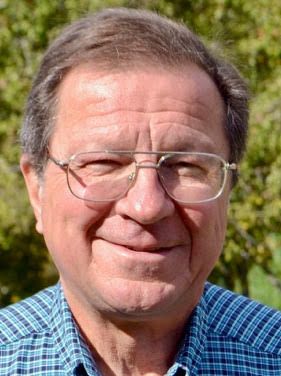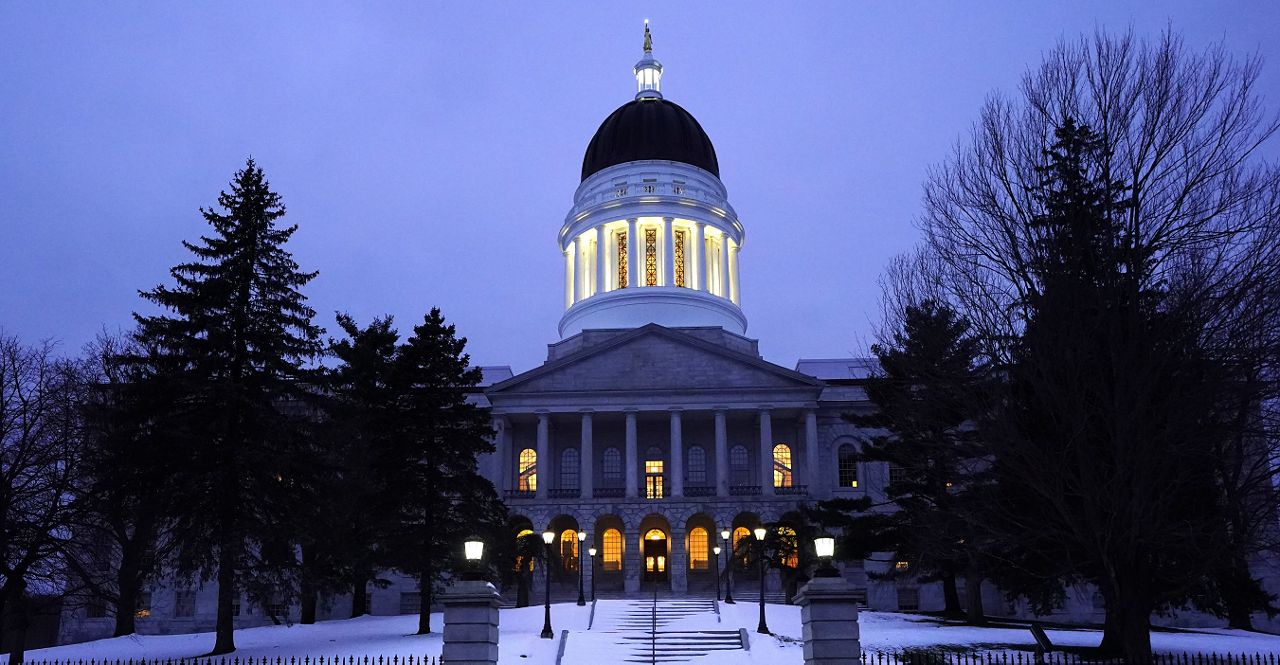When the Legislature reconvenes next month, Rep. Jeff Evangelos plans to fight for a tribal sovereignty bill and for criminal justice system reforms.
They are likely to be uphill battles for the independent, a 69-year-old from Friendship who has already announced he does not plan to run again.
“It wasn’t a hard decision really,” he said in a statement. “Obstruction politics in Augusta made it an easy choice.”

Regardless, in an interview he emphasized the importance of the fights ahead, including a rewrite of the Maine Indian Claims Settlement Act of 1980, repairing the legal services system for defendants who can’t afford a lawyer and his bill to study whether to bring parole back to Maine.
Evangelos is one of five key Maine lawmakers Spectrum News is highlighting this week in advance of the Jan. 5 legislative session. Others featured are Rep. Trey Stewart (R-Presque Isle), Sen. Cathy Breen (D-Falmouth), Rep. Kathleen Dillingham (R-Oxford) and Sen. Bill Diamond (D-Windham).
In January 2020, a task force released more than 20 recommendations to give members of the Passamaquoddy Tribe, Penobscot Nation and Houlton Band of Maliseet Indians “the rights, privileges, powers, duties and immunities similar to those of other federally recognized Indian tribes within the United States,” according to the legislation under consideration.
Specifically, the bill would give tribes the right to enforce their own hunting and fishing regulations on tribal land, remove barriers that have prevented them from purchasing land, establish a process for the tribes to work with state agencies and call for an annual meeting with the governor.
Evangelos said Maine is the only state that doesn’t recognize tribal sovereignty.
“It’s a grave injustice,” he said. “It needs to be fixed.”
When it comes to the state’s indigent legal services system, which provides legal services to the poor, Evangelos said it is “in full collapse.” Maine is the only state that does not fund a public defense system and instead pays private attorneys to provide legal representation to those who can’t afford it. However, Evangelos said hundreds of attorneys have stopped participating in the system, citing a low reimbursement rate that doesn’t cover their costs.
And when lawmakers return to session, Evangelos said he’ll find out where Gov. Janet Mills stands on a bill he sponsored to study the creation of a parole system in Maine. A Mills spokeswoman told Maine Public earlier this month that the governor is still mulling her options, but that she is concerned about victims who would have to “relive the crime at every parole hearing.”
Evangelos said the state’s criminal justice system is tilted in favor of police and prosecutors, citing the statistic that police have never been found to be at fault when they shoot someone.
“When you have systemic bias in the system, that leads to moral and ethical corruption,” he said. “You can’t have a score of 175-0.”
Evangelos describes himself as a “60s-era activist” who will now work to change the system from the outside. He plans to take his concerns to U.S. Attorney General Merrick Garland in hopes he will “put Maine’s criminal justice system under federal review and supervision.”
“I speak truth to power,” he said. “The only way you are going to fix this is to go after it.”



